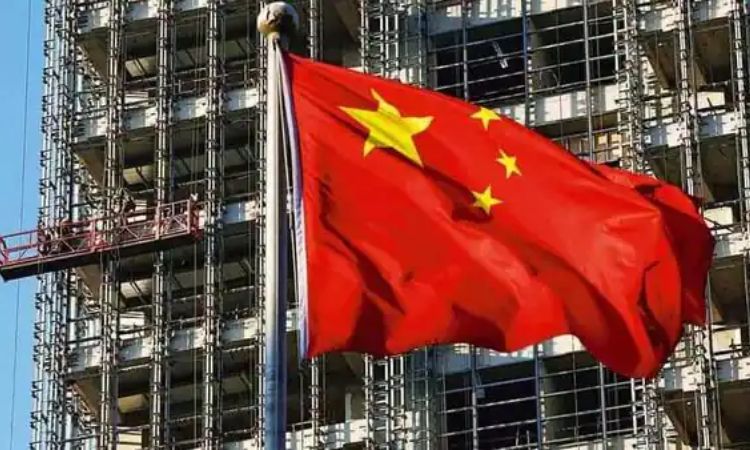The upcoming summit in Paris, where Premier Li Qiang of China and global leaders will convene, endeavors to tackle the predicament of debt burdens faced by economically disadvantaged nations and explore avenues for climate financing.

China, being the preeminent bilateral creditor on a global scale, assumes a pivotal role in the deliberations within the Group of 20-led “Common Framework.” This piece scrutinizes the Common Framework, China’s standpoint on debt restructuring, its supportive measures, and the prospects for future advancements.
The Common Framework: A Comprehensive Outline
The Common Framework was established by the G-20 during the COVID-19 pandemic in late 2020 as an endeavor to expedite and streamline the process of aiding heavily indebted countries in their recovery endeavors. Its objective is to facilitate negotiations between major creditors, such as China, and traditional creditor nations (represented by the Paris Club) to formulate restructuring plans for countries in default.
Challenges and Discord:
Despite its establishment, the Common Framework has yet to deliver substantial alleviation due to disagreements between China and the developed creditor nations. China advocates for multilateral lenders like the International Monetary Fund (IMF) and World Bank to absorb a portion of the losses, a proposition met with resistance from these institutions and several developed countries, including the United States. Critics contend that meeting China’s demands would essentially result in a bailout for the country.
China’s Standpoint on Debt Restructuring:
China’s stance on debt restructuring diverges from that of other creditors. China favors engaging in bilateral agreements with debtor nations and accentuates a “case-by-case” approach rather than adhering to the standardized procedures outlined in the Common Framework. Beijing asserts that multilateral development lenders, who typically eschew taking haircuts, should partake in debt relief endeavors. This position has posed obstacles in the implementation of the Common Framework.
Selective Debt Write-offs:
China has demonstrated a willingness to write off debts under certain circumstances. For instance, in January, China’s Foreign Minister Qin Gang announced a partial cancellation of Ethiopia’s debt, totaling $13.7 billion. Additionally, China waived 23 interest-free loans to 17 African states that had expired at the end of 2021. These interest-free loans, funded from China’s foreign aid budget, are easier to waive. However, such loans represent only a small fraction of China’s overall loan commitments to governments worldwide.
Support Measures by China:
China has shown its commitment to addressing debt issues in various cases. In May, China participated in discussions over Ghana’s debt as a co-chair of a committee comprising Ghana’s official creditors, alongside France. Furthermore, China attended a meeting of Sri Lanka’s creditor nations in an observer capacity, despite being the country’s largest bilateral lender. These actions demonstrate China’s willingness to engage in debt relief efforts and collaborate with other stakeholders.
Prospects and Challenges Ahead:
Analysts predict that China will continue to express support for the Common Framework during the Paris meeting. However, it is expected that China will advocate for a case-by-case approach to debt relief rather than embracing standardized procedures. To gain China’s agreement on debt restructuring, further efforts will be needed, and China may require additional incentives and cooperation from other creditors. In the past, China has suggested that the IMF should enhance information sharing on debt sustainability analyses.
Conclusion:
China’s position on debt restructuring and the Common Framework is complex, with disagreements between China and traditional creditor nations posing challenges to providing effective relief to heavily indebted countries. While China has demonstrated a willingness to write off certain debts and participate in specific cases, it favors bilateral negotiations and calls for multilateral lenders to share the burden. The Paris meeting is an opportunity for world leaders to address these challenges and find common ground to ensure sustainable debt management and support climate financing for low-income countries.















